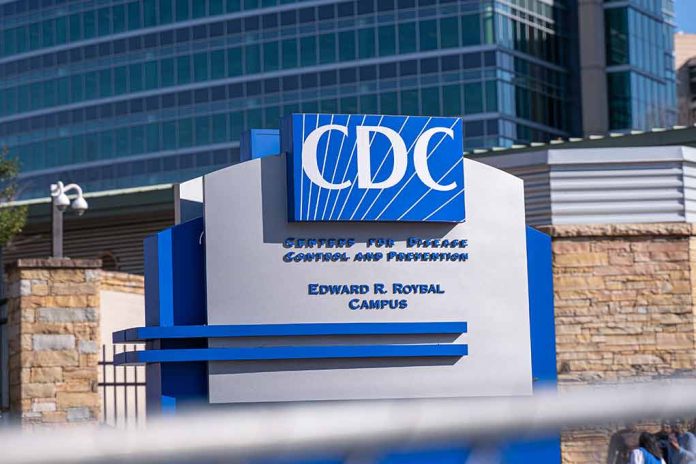
The CDC warns of a surge in measles cases in Texas, urging action amidst complexities in reporting and vaccination hesitancy.
Key Takeaways
- The measles outbreak in Texas is the largest in the U.S. in six years, with over 250 reported cases.
- Underreporting and logistical challenges in rural areas raise concerns about actual case numbers.
- An unvaccinated child’s death marks the first U.S. measles fatality in a decade.
- Health officials face funding issues as they deploy resources to contain the outbreak.
- Health and Human Services Secretary RFK Jr.’s stance on vaccination draws criticism.
Outbreak Scope and Challenges
Texas is experiencing the largest measles outbreak in the United States in six years, with the CDC reporting over 250 cases extending into New Mexico and Oklahoma. Experts fear actual case numbers are higher due to underreporting in affected areas. The outbreak is largely contained within the Mennonite community in Gaines County, Texas, known for low vaccination rates. Underreporting is driven by distrust in public health and logistical challenges in rural settings.
Two children’s deaths, including one in Texas, have increased focus on the outbreak’s severity. This is the first U.S. measles death in a decade and highlights the urgency of the response. The state of Oklahoma also reports probable cases linked to the southwestern outbreak. Authorities believe a significant number of cases remain undetected, pointing to inadequate reporting mechanisms in these communities.
CDC Response and Obstacles
To combat the crisis, the CDC has deployed a team of seven responders to Texas. However, financial constraints hinder a robust response effort, with each measles case costing between $30,000 to $50,000. The CDC is considering expanded testing methods, including wastewater surveillance, to better track the spread. Secretary Robert F. Kennedy Jr. faces scrutiny for his approach, which emphasizes personal choice in vaccination, prompting debates on public health policies.
Helen Keipp Talbot, who chaired the CDC’s vaccine advisory committee on Tuesday, lamented, “I find it absolutely devastating that we’re having this update today. There’s no reason why we have healthy children dying of measles in the U.S. when this vaccine is amazing. It’s highly effective and has a very long-lasting immunity.”
The CDC’s vaccine advisory committee recently convened to address rising measles cases, underscoring the vaccine’s efficacy. Opposition from RFK Jr. focuses on claims of pharmaceutical industry ties among committee members. With over 700 nationwide cases in 2025—560 of which are in Texas—public health officials prioritize containment and vaccination efforts to prevent further fatalities and potential loss of the U.S.’s measles elimination status.
Political Implications and Public Health
The outbreak’s political dimensions cannot be ignored. Public figures, including RFK Jr., have minimized the outbreak’s severity and questioned vaccine mandates, affecting community perceptions. Such stances complicate public health messaging, especially in communities already resistant to vaccination. The CDC’s challenge is balancing effective communication, outbreak response, and navigating a politically charged environment.
The undetected spread of the virus due to factors like underreporting and vaccination hesitancy warrants immediate attention. It emphasizes the importance of accurate communication and resources in protecting public health and preventing further escalation.
Sources:
- CDC ‘scraping’ to find resources to help states respond to growing measles outbreaks
- Why health experts fear the West Texas measles outbreak may be much larger than reported
- Large number of measles cases being missed, CDC says – CBS News
- CDC says measles cases are most likely underreported as outbreak swells in Texas



